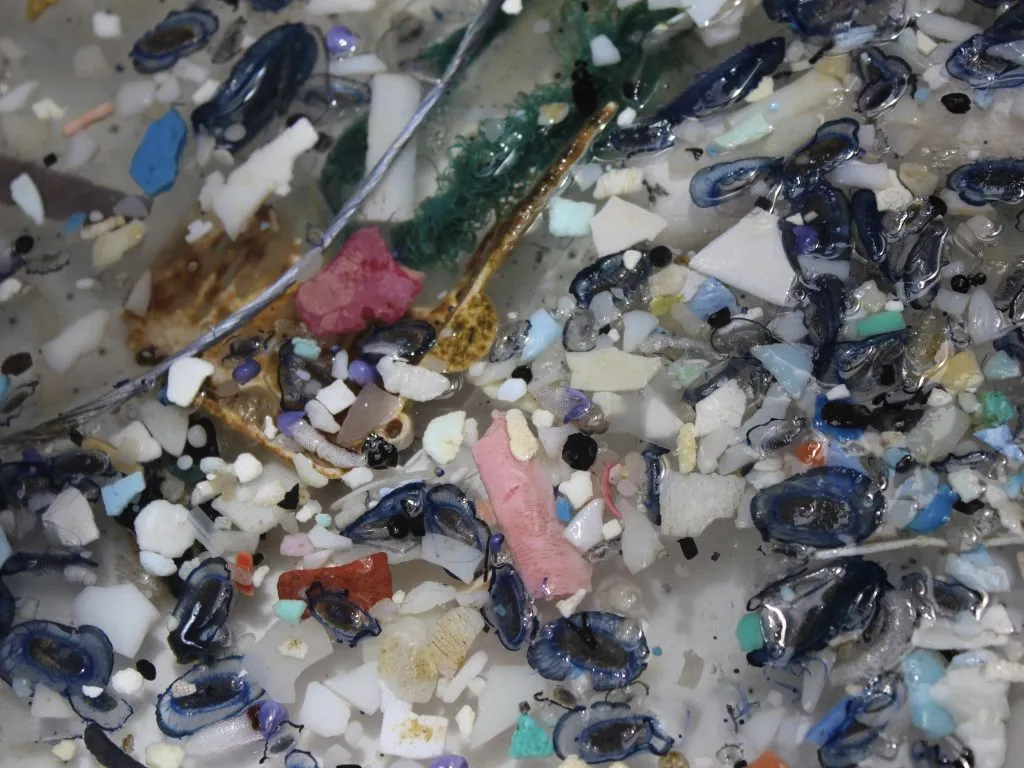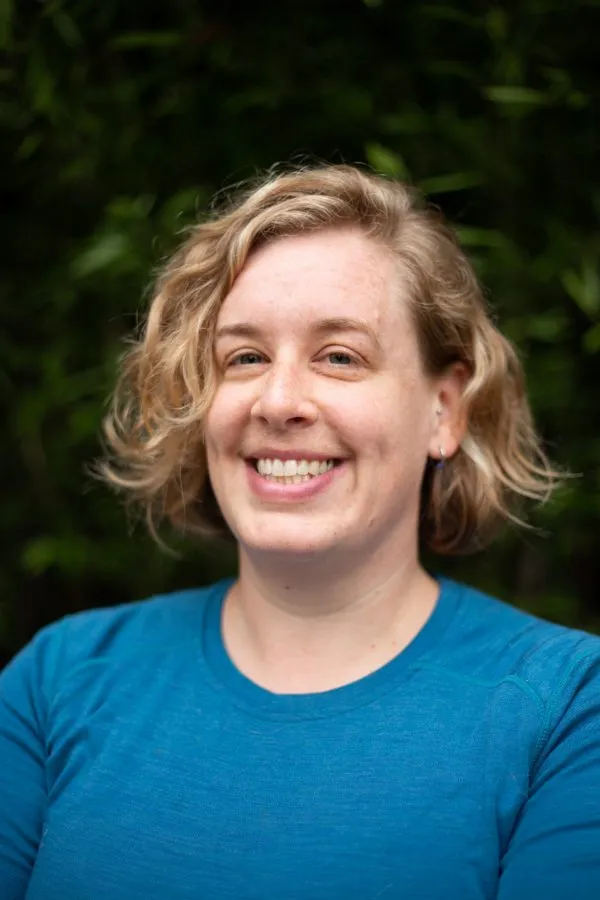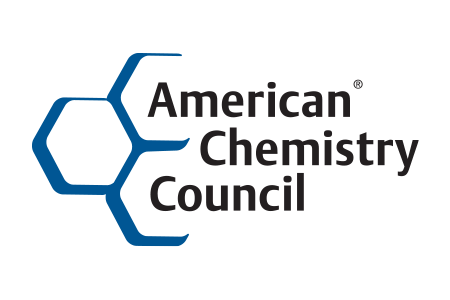About The SEA PLastics Lab
Studying Plastic Marine Debris for More Than 35 Years
Grounded in undergraduate student research carried out aboard SEA’s sailing research vessels since the early 1980s, SEA’s Plastics Lab is dedicated to investigating and ultimately preventing ocean plastic pollution through collaborative scientific research and broad knowledge sharing.
Marine pollution has been a focus of SEA student research since the early 1980s. Tar balls and plastic particles have been collected and counted in routine, twice-daily plankton net tows at the ocean surface, resulting in long-term records of contamination in the North Atlantic Ocean, Caribbean Sea, and North and South Pacific Oceans. During this time, the occurrence of floating tar balls has substantially declined in the Atlantic Ocean and Caribbean Sea, in contrast to floating plastic debris, which continues to persist. Ocean plastics are the focus of multiple avenues of research by SEA faculty and SEA students to better understand their sources, distribution, transport, and fate.
SEA’s Plastics Lab is committed to communicating the state of scientific knowledge on global plastic pollution to broad audiences, including decision makers, innovators, educators, and inspired community members of all ages who propel the multitude of actions required to address this environmental issue.
Plastic Particles Counted
Plankton Net Tows
Students Educated
Years Researching
Publications
Plastic Particles Analyzed
Discover Our Role
Learn how we’ve been measuring ocean plastics since the 1980s.

Explore Our Data
Navigate the world through the context of plastics collected in our plankton net tows. See where plastic concentrations are highest at the ocean surface. Sort by date, location, and concentration.

Learn About Plastics
Read the sources, transport, and accumulation of plastics in the the ocean, and our data collection methods.

Plastics at SEA: 2010 and 2012 Expedition Videos
“It’s an historic day…unfortunately.”
The mid-cruise update from the Plastics at SEA: North Atlantic Expedition in 2010 describes a record number of plastic particles observed by SEA students and scientists in decades of sampling plastic marine debris in the Atlantic Ocean.
Education and Outreach: Bringing the Gyre to the People
Learn how the crew of the Plastics at SEA: North Pacific Expedition 2012 work to bring the experience of sailing in the North Pacific subtropical gyre, and observing and measuring floating plastic debris to public, school, and museum audiences onshore.
Plastics at SEA: North Pacific Expedition 2012: Final Reflections
Plastics at SEA: North Pacific Expedition 2012 wraps up their 39 day voyage from San Diego, CA to Honolulu, HI.
Perspectives on Plastics at SEA
Captain Chris McGuire, Chief Scientist Giora Proskurowski, crew, and volunteer crew aboard the Plastics at SEA: North Atlantic Expedition 2010 share parting words as the expedition comes to a close.
Test your Plastic Knowledge
Do these facts surprise you? See how much you know about the current state of plastics in the world.
People

Kara Lavender Law, PhD
Research Professor of Oceanography
Kara joined the SEA faculty in 2003 to teach, oversee undergraduate research, and sail as Chief Scientist in SEA Semester programs, including in the regions dubbed “garbage patches” in the eastern North Pacific and western North Atlantic Oceans. For more than 15 years, she has researched plastic debris in the ocean, initially focusing on the physical processes that carry, transport and transform plastics in the marine environment, with more recent work focused “upstream” on the generation, pathways and treatment of plastic waste, ultimately aiming to prevent plastic leakage to the environment. Dr. Law received her Ph.D. from Scripps Institution of Oceanography/University of California, San Diego in physical oceanography, and a B.S. in mathematics from Duke University.

Jessica Donohue, MS
Research Associate
Jessica joined the SEA plastics team in 2014. She is interested in studying how plastics move and change in the marine environment along with sharing information about ocean plastics through education and outreach. She holds a B.S. in environmental geology from Binghamton University, an M.S. from the University of Rhode Island in environmental science/hydrogeology and has a background in science education and outreach.
Past SEA Researchers
Previous Interns
Emily Dailey, 2018
Florida State University
Madeline Hughes, 2017
Wellesley College
Julia “JJ” McDowell, 2016
Cornell University
Kit Pavlekovsky, 2015
Carleton College
Ethan Edson, 2015
Northeastern University
Kate Tremblay, 2015 – 2016
University of Massachusetts at Dartmouth
Theophilos Collins, 2014
Duke University
High School Science Fair Projects
Students from Falmouth Academy, Falmouth, MA
- Piper Augat, 2022
“A Comparison of Microplastics from the Caribbean and North Atlantic Gyre” - Sarah Thieler, 2019 & 2020
“Exploring the Presence of Microplastics in Great Pond” - Heather Wang, 2018
“Microplastic Characterization in Surface Waters Near Pacific Islands”
“The Degradation of Microplastic in the South Pacific Ocean” - Bishakha Oli, 2017
“Microplastics in the Coastal Ocean over Time” - Martha Clark, 2016
“Microplastic Ingestion by Oysters, Crassostrea virginica” - Palma Foschi Walko, 2015
“Which of Three Local Cape Cod Beaches has the Greatest Abundance of Plastic Debris?”
Funding and Support Provided By:









With additional support from:
